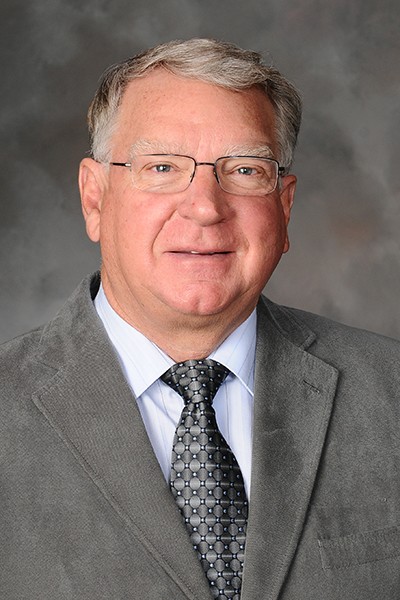
The Laser Science Engineering Research Lab is a research lab whose faculty, postdocs, graduate, and undergraduate students work on problems related to light/matter interactions, as well as the functionalization of surfaces for a range of applications. A majority of the LaSER Lab research focuses on the application of femtosecond laser interaction with surfaces with two major themes: 1) femtosecond laser surface processing (FLSP) for functionalizing surfaces through the creation of three-dimensional structures with micro/nanoscale features and control of the surface chemistry and material phase; 2) characterization of surface properties and composition using ultrafast pump-probe or laser induced breakdown spectroscopy (LIBS).
The pump-probe measurements are used to understand the electronic behavior of light interacting with matter. As an example of this research, the scientist are looking at the assessment of damage to optical components associated with sensors on various type of military platforms. Other research projects involve the interaction of femtosecond laser with materials where the electric fields are so high at the focus of the laser beam that it causes dielectric breakdown. By rastering the focused femtosecond beam the surface can become functionalized at the micron, nano, and atomic scale. Researchers work together to not only characterize the functionalized surfaces but also investigate their performance enhancement in real engineering applications. For example, engineering research is conducted on the enhancement of the surfaces for heat transfer, drag reduction, anti-fouling, electrolysis, optical absorption, etc. The LaSER Lab is also involved with the computer science department where research is being conducted on the next generation of an all optical data storage center.
The LaSER Lab is also part of a much larger group of collaborators within the Center for Electro-Optics and Functionalized Surfaces (CEFS).
Current Research
Femtosecond laser surface processing (FLSP)
- Functionalization of surfaces by FLSP
- Understanding/modeling of self-organized micro/nanostructures formed by FLSP
- FLSP for enhanced heat transfer chareacteristics of metals
- FLSP for enhanced electrolysis
Ultrafast material characterization
- Ultrafast pump-probe for characterization of electrical and thermal properties of materials
- Femtosecond Laser Induced Breakdown Spectroscopy (LIBS)
Femtosecond direct writing
- Writing long period and Bragg gratings in optical fibers
- Direct writing of channels in sapphire
Optical communcation
- Developing the enabling technology for an all optical data storage center
Micro and Nano structuring combined with surface chemical changes in a single processing step

Reinventing the boiling curve using functionalized surfaces

Laser

Fiber Work
